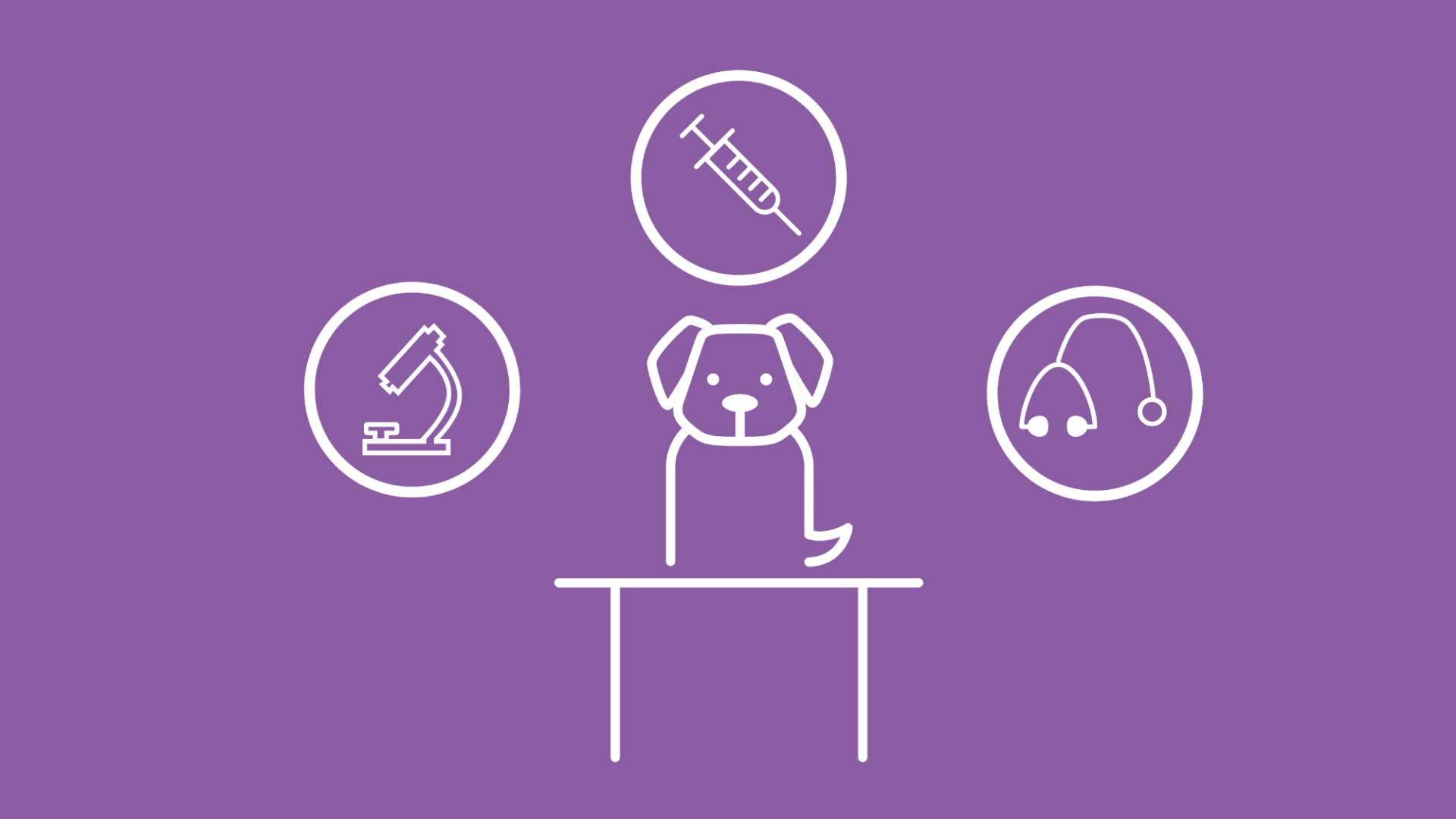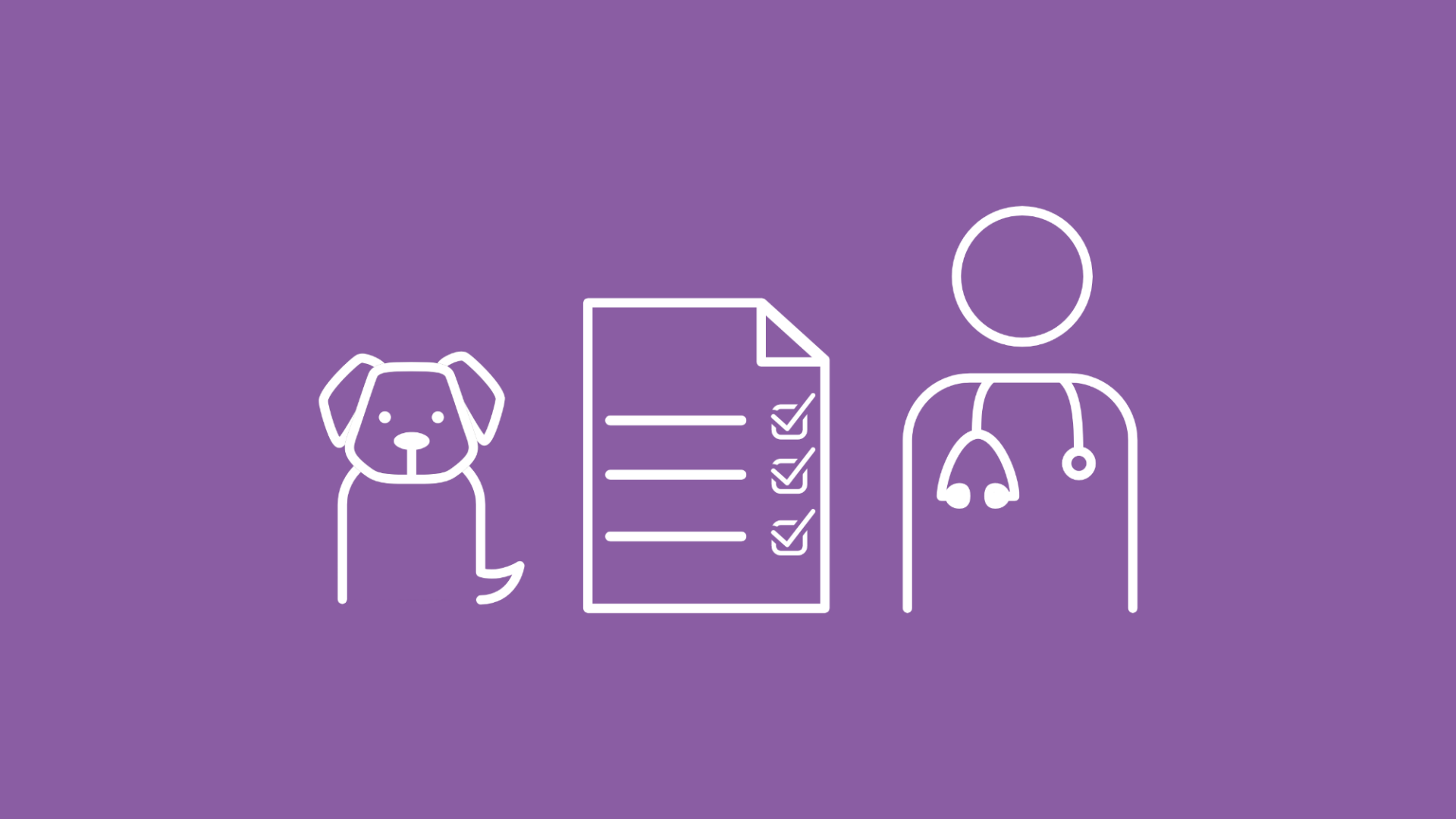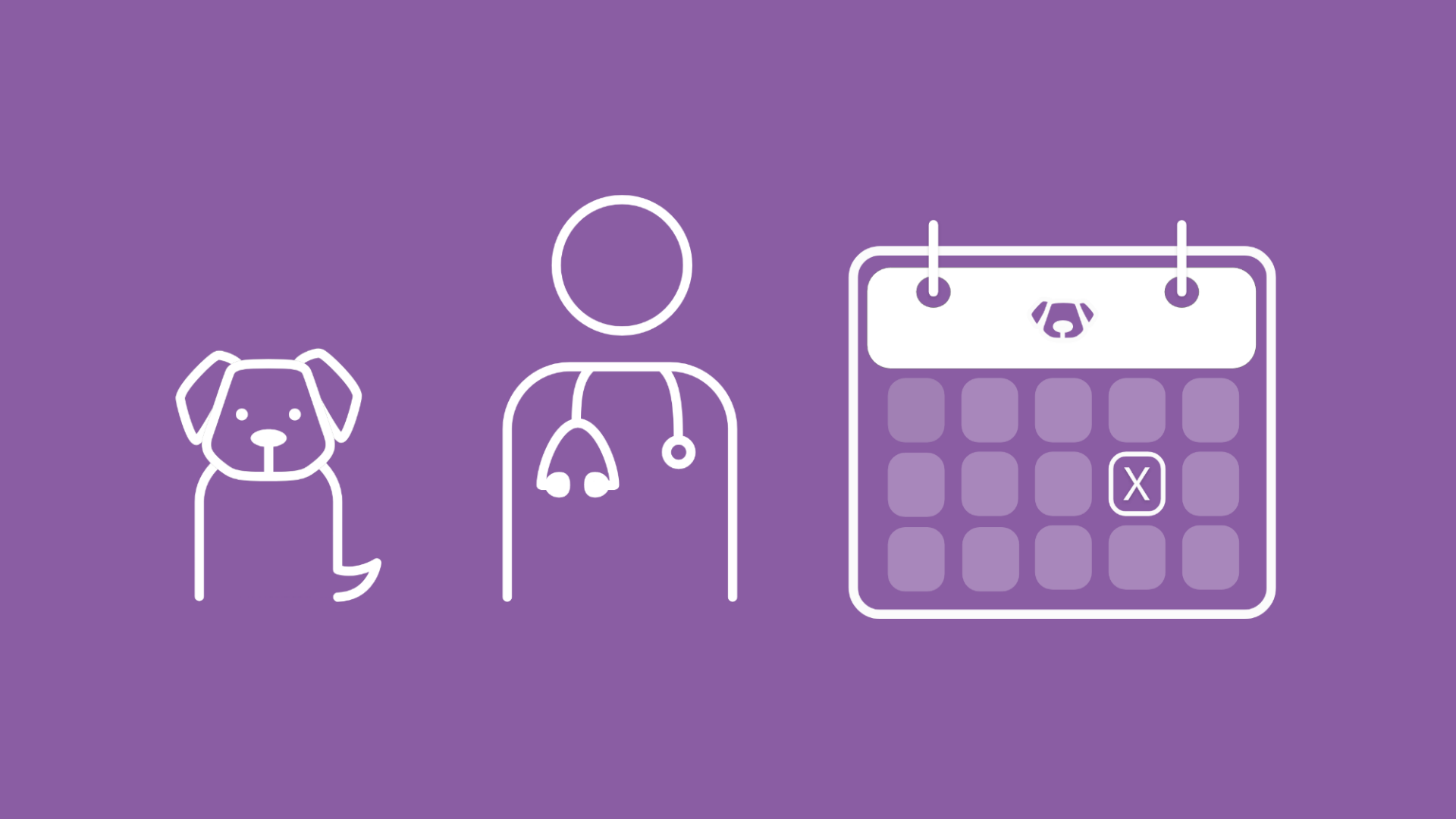Dogs Make Us Happy: They are always there for us, faithfully by our side, wagging their tails with joy when the dog owner returns home. Not without reason, dogs are considered man’s best friend. For many dog owners, their four-legged friends are full-fledged family members.
However, before getting a dog, one should not only consider the significant time commitment that comes with caring for a dog but also the substantial additional costs. In addition to food, dog liability insurance, leash, and other essentials, veterinary bills, whether for preventive check-ups, emergencies, illnesses, or vaccinations, can add up significantly. When a dog is sick, its owners share the distress with their pet. While veterinarians can provide increasingly better treatments through new diagnostic and therapeutic procedures, many owners worry about the potential high veterinary costs for their dogs.
A dog health insurance can offset such costs and make the financial risks of dog ownership more manageable. Learn how veterinary costs are calculated and what specific costs you may encounter for veterinary visits, examinations, and treatments.
How are Veterinary Costs Determined?
Veterinary costs are determined by various factors that collectively contribute to the overall expenses associated with pet healthcare. Understanding these factors can help pet owners navigate and plan for veterinary expenses more effectively. Here are the key elements that influence how veterinary costs are determined:
- General treatment and examination
- Special measures
- Laboratory costs
- Medications
- Bandaging material
However, each veterinarian has the flexibility to set their individual costs. Veterinarians can charge a single, double, or triple rate for treating animals. Therefore, there are no fixed, calculable prices for veterinary costs for dogs. Under certain circumstances, veterinary costs for dog examinations can go up to four times the fee schedule, but specific conditions must be met.
The fee that a veterinarian charges depends, for example, on the following factors:
- Complications during examination and treatment
- Stressed or aggressive animal requiring restraint by multiple staff members
- Clinic facilities
- Clinic rent
- Treatments outside regular office hours (weekends, holidays, nights)
- Additional charges for home visits
Depending on the scope of services, the veterinarian may charge an additional fee for basic services, special examinations, and certifications. The veterinary costs for dogs are specified in a list.
Basic Services at the Veterinarian
What Costs Arise for Treating a Dog?
Basic services for veterinary costs for dogs include standard services such as counseling sessions, general examinations, or the inpatient accommodation of the pet after a minor procedure by the veterinarian. Every dog owner pays for these services during a veterinary visit. The following table shows the veterinary costs for dogs.
| Service | Cost Range (USD) |
|---|---|
| Counseling Session (Advice on pet care) | $20 to $100 |
| General Examination | $30 to $150 |
| Inpatient Accommodation (After Minor Procedure) | $50 to $200 per night |

Emergencies & Illnesses
Veterinary Costs for Special Examinations and Diagnostics
While the veterinarian’s standard services during the routine examination of the animal are always included on the bill, additional charges apply when additional examinations or treatments are necessary. With further diagnostics, veterinary costs for dogs can be significantly higher.
For example, if a dog is infested with mites or stops eating, a visit to the veterinarian is necessary. Also, a dangerous stomach torsion in a dog should be promptly addressed at a veterinary clinic. The fee for each specific service is determined by the veterinarian on a case-by-case basis. For instance, the veterinary costs for a dog X-ray, according to the fee schedule, can range from $50 up to $300.
| Service | Cost Range (USD) |
|---|---|
| X-ray (Radiography) | $50 to $300 |
| Ultrasound Examination | $100 to $500 |
| Complete Blood Count (CBC) | $50 to $150 |
Veterinary Costs for Special Services
Certificates & Expert Opinions
Dog owners should be prepared for additional veterinary costs when it comes to certificates and expert opinions. This includes vaccinations or the prescription of nutritional medications. The costs for administering a vaccination can vary between $11,50 and $34,50, depending on the rate. For the treatment costs associated with administering medications, owners pay between $4,13 and $12,39.
Insurance Protects Against High Veterinary Costs for Dogs
To protect their wallets from high treatment costs, dog owners can take out insurance for their four-legged companions. If the animal is sick or injured, at least during this difficult time, owners do not have to worry about veterinary costs.
Many dog owners opt for insurance coverage to offset unexpected medical expenses. However, it’s essential to carefully review policy details, coverage limits, and exclusions. While insurance can help with unexpected costs, it requires a proactive approach to find the right plan for your dog’s needs.

What Information Must Be Found on the Veterinary Bill?
A bill for veterinary costs resulting from the examination or treatment of a dog is usually provided to dog owners. According to the Federal Veterinary Chamber, a veterinary bill for the visit of a pet should include the following treatment costs and information:
- Date of treatment
- Animal species
- Diagnosis
- Overview of billed services
- Invoice amount
- Value-added tax
- Expenses for medications and consumed materials
- Travel expenses (for house calls)
Dog Surgeries Incur Particularly High Costs
Especially surgeries can be very cost-intensive for all pets. A dog surgery quickly raises the costs on the veterinary bill, as it is one of the most expensive treatments. Veterinary costs for dogs, for both emergency surgeries and necessary surgical interventions for diseases or fracture treatments, can often amount to a four-digit figure. Additional costs include pre- and post-treatments as well as the costs of potential complications during the procedure.
In the case of a tumor, a dangerous stomach torsion, tooth extraction, or the treatment of a painful cruciate ligament rupture, surgeries are usually necessary, confronting dog owners with significant expenses. With insurance from companies like Helvetia for example , dog owners can focus entirely on the recovery of their beloved pet—without worrying about treatment costs. The dog health insurance covers all necessary surgeries up to the annual maximum amount. Even the costs of surgical castration are partially covered in the Comfort plan.

How High Are the Veterinary Costs for a Dog per Year?
Owners can expect the following treatment costs:
- General examination: $23,62 to $70,86
- Vaccination: $11,50 to $34,50 (injection only, without consultation and preliminary examination)
- Dog worming: $3 to $20, depending on the preparation and size of the dog
The annual veterinary costs for a dog can be significant. Pets should undergo a health check at the veterinarian annually. Additionally, dogs need regular vaccinations and deworming to prevent potential illnesses. These annual veterinary costs for dogs should also be considered in the overall expenses for the pet.
The annual veterinary costs for a dog range between $100 and $200, which translates to roughly $8 to $17 per month. Without the protection of a dog health insurance, dog owners must pay for the veterinarian’s services for these cases entirely out of pocket. Additionally, unforeseeable costs may arise for the treatment of dental issues in dogs, sudden injuries, or for castration.
Conclusion
Secure Veterinary Costs for the Dog with Dog Health Insurance
To ensure the well-being of the beloved pet, regular veterinarian visits are necessary. To prevent severe illnesses, the saying “the earlier, the better” also applies here. However, veterinary costs for dogs can pose a significant financial burden for dog owners each year. Costs for vaccinations, certificates, diagnostics, expert opinions, and expensive surgeries can be covered with a proper dog health insurance. Depending on the plan, it not only covers standard services but also services for illnesses and emergencies, such as fracture treatments.
The annual check-up, deworming for puppies, vaccinations, blood tests, cost-intensive surgeries, or pre- and post-treatment examinations—a proper dog health insurance provides financial flexibility. In everyday life or during illness, you can always rely on the insurance for veterinary bills, allowing you to focus on the most important thing: your four-legged friend.


